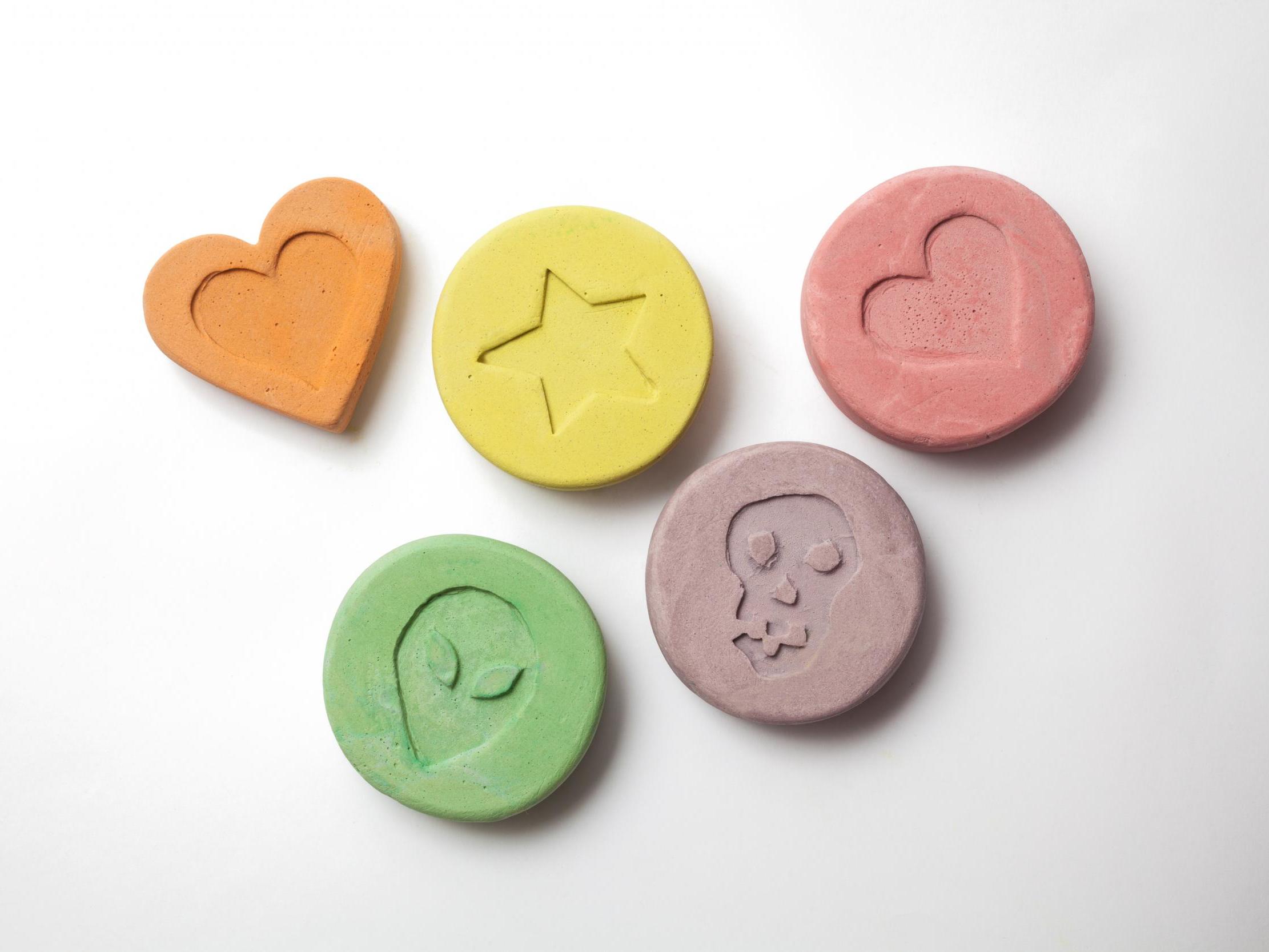Treat alcoholism with MDMA, study suggests
Drug impairs fear response, which many addictions are based on

Your support helps us to tell the story
From reproductive rights to climate change to Big Tech, The Independent is on the ground when the story is developing. Whether it's investigating the financials of Elon Musk's pro-Trump PAC or producing our latest documentary, 'The A Word', which shines a light on the American women fighting for reproductive rights, we know how important it is to parse out the facts from the messaging.
At such a critical moment in US history, we need reporters on the ground. Your donation allows us to keep sending journalists to speak to both sides of the story.
The Independent is trusted by Americans across the entire political spectrum. And unlike many other quality news outlets, we choose not to lock Americans out of our reporting and analysis with paywalls. We believe quality journalism should be available to everyone, paid for by those who can afford it.
Your support makes all the difference.Alcoholism could be successfully treated by giving patients MDMA, new research suggests.
The first study to analyse the use of the drug in tackling booze addiction has shown it is both safe and highly effective, it has been reported.
In test cases where alcoholics have been given MDMA alongside psychotherapy, there has been only one relapse and no physical or psychological side effects, scientists say.
That compares to an overall figure where 80 per cent of patients undergoing traditional treatments are known to be drinking again within three years.
Dr Ben Sessa, the addiction psychiatrist leading the safety and tolerability at Imperial College London, said 11 people had so far completed the experimental treatment.
“We have five people who are completely dry and we have four or five who have had one or two drinks but wouldn’t reach the diagnosis of alcohol use disorder,” he told The Guardian.
Just one has completely relapsed, he confirmed.
Because most addiction is based on underlying trauma, often from childhood, “MDMA selectively impairs the fear response,” Dr Sessa added. “It allows recall of painful memories without being overwhelmed.”
He said: “MDMA psychotherapy gives you the opportunity to tackle rigidly held personal narratives that are based on early trauma. It’s the perfect drug for trauma-focused psychotherapy.”
The treatment itself sees patients given an eight-week course of therapy with powerful doses of MDMA administered in week three and six.
Discussing possible dangers associated with the drug, including the well-reported death of some recreational users, Dr Sessa said: “Scientists know it’s not dangerous. The Sun newspaper thinks it’s dangerous because the tiny number of fatalities that occur every year all get on their front page.”
He added: “If there was a craze of people going around abusing cancer chemotherapy drugs, you wouldn’t then think, ‘Oh well, it’s not safe to take cancer chemotherapy when doctors give it to you’.”
Further research, which compares the study’s results with a random control group who receive a placebo instead of MDMA, will now need to be carried out.
Join our commenting forum
Join thought-provoking conversations, follow other Independent readers and see their replies
Comments